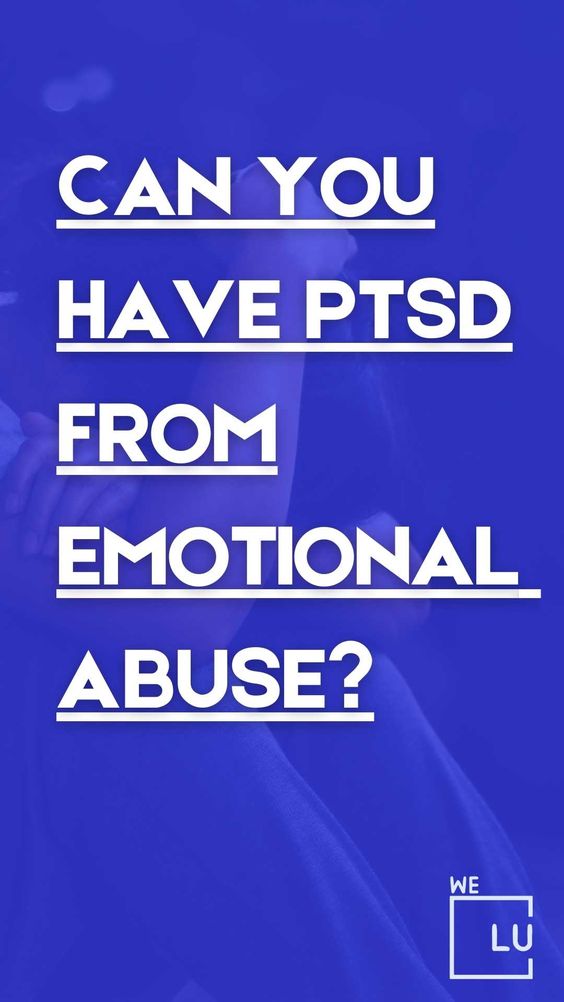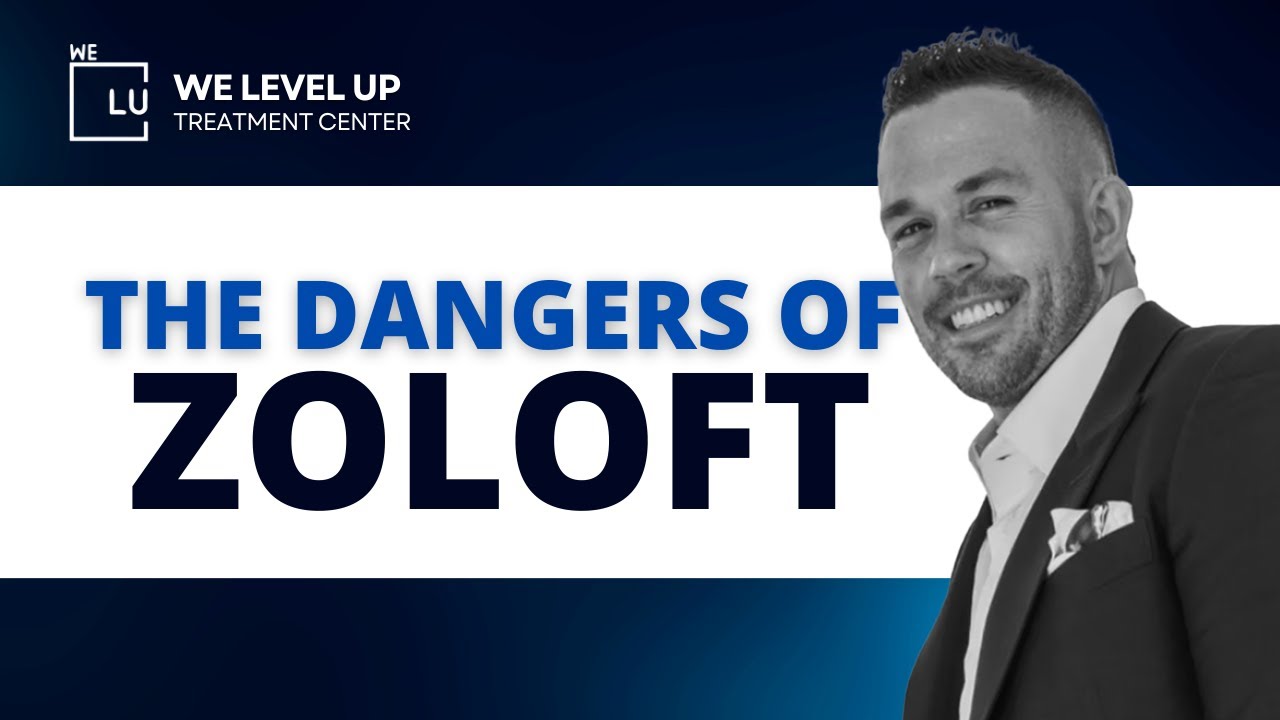What is PTSD?
PTSD Meaning
Post-traumatic stress disorder (PTSD) is a mental health condition arising from exposure to or experiencing a traumatic event. This disorder’s significant connection to drug addiction stems from individuals with PTSD resorting to drugs or alcohol as a means of self-medication to cope with feelings of fear, anxiety, and stress. This discussion delves into the strong association between PTSD and addiction.
According to the scientific article titled ‘Substance Use, Childhood Traumatic Experience, and Posttraumatic Stress Disorder in an Urban Civilian Population,’ published by the U.S. National Library of Medicine, exposure to traumatic experiences, particularly in childhood, is linked to substance use disorders (SUDs), encompassing abuse and dependence. SUDs also frequently co-occur with Posttraumatic Stress Disorder (PTSD) and other mood-related psychopathologies.
While many individuals overcome the anxiety, depression, and agitation stemming from traumatic events, those with PTSD continue to grapple with these symptoms for months or even years. The development of PTSD can be triggered by witnessing or experiencing events such as: [followed by a list of initiating events]. Understanding this enduring impact underscores the intricate connection between PTSD and addiction.
- Military combat
- Serious accidents and injury
- Natural disasters
- Acts of terrorism
- Sexual or physical assault during childhood or as an adult
- The death of a loved one
The co-occurrence of PTSD and Addiction frequently arises in the aftermath of significant trauma. Obtaining accurate dual-diagnosis treatment is essential for addressing both conditions and achieving sobriety.
Post-traumatic stress disorder (PTSD) is an anxiety disorder stemming from traumatic experiences like military combat, sexual abuse, or car accidents. As per the National Center for PTSD, approximately 8 out of 100 Americans will grapple with PTSD. Symptoms may encompass flashbacks of the traumatic event, intrusive thoughts, and distressing nightmares. Identifying and treating both PTSD and Addiction concurrently is pivotal for a comprehensive and practical recovery journey.
Types of PTSD


Skip To:
Learn More:
PTSD resulting from emotional abuse is often conceptualized as complex post-traumatic stress disorder (C-PTSD). While not formally recognized in the Diagnostic and Statistical Manual of Mental Disorders (DSM-5), many health professionals differentiate C-PTSD from PTSD, acknowledging its inclusion in the International Classification of Diseases (ICD).
Typically, PTSD is associated with a response to one-time or short-term trauma, like rape or a terrorist attack. In contrast, C-PTSD emerges from ongoing trauma where escape is challenging. This broader category encompasses emotional abuse and other sustained traumatic experiences, such as being a prisoner of war, facing human trafficking or prostitution, or enduring repeated violence.
Individuals with C-PTSD may exhibit symptoms akin to those with PTSD, such as reliving trauma, avoidance, and hyperarousal. However, complex PTSD introduces its unique symptoms, including a negative self-perception and distorted views of the perpetrator. Recognizing these distinctions is vital for understanding and addressing the complexities of emotional abuse-related trauma.
The Emotional Component of PTSD
Emotional abuse-induced PTSD is not differentiated from C-PTSD, primarily due to its emotional rather than physical character. Regardless of the form of trauma, whether emotional or physical, all PTSD is rooted in emotional and psychological responses to trauma, evolving from fear and distress.
Additionally, typical PTSD can arise from any event that an individual perceives as disturbing or distressing, whether they directly witness it or learn about it secondhand. PTSD can stem from emotional reactions to experiences such as:
- Hearing about a terrorist attack
- Going through a hurricane without experiencing any physical harm
- The sudden death of a loved one
- Witnessing a murder
The differentiation between PTSD and C-PTSD is not rooted in a contrast between physical and emotional trauma. Instead, it pertains to the persistent nature of the trauma inherent in C-PTSD.
Short-term Effects Of Emotional Abuse
Initially, you may find yourself in a state of denial, and the realization of your situation can be pretty startling. It’s natural to harbor a sense of disbelief, hoping that your perceptions are incorrect. During this time, you may also experience emotions such as:
- Confusion
- Fear
- Hopelessness
- Shame
This emotional toll can also result in behavioral and physical side effects. You may experience:
- Difficulty concentrating
- Moodiness
- Muscle tension
- Nightmares
- Racing heartbeat
- Various aches and pains
Long-term Effects Of Emotional Abuse
Research indicates that intense emotional abuse can be as impactful as physical abuse. Both forms of abuse, over time, can contribute to the development of low self-esteem and depression. Additionally, you may experience:
- Anxiety
- Chronic pain
- Guilt
- Insomnia
- Social withdrawal or loneliness
Certain researchers propose a theory suggesting that emotional abuse might play a role in the onset of conditions like chronic fatigue syndrome and fibromyalgia.
Signs & Symptoms of PTSD
The symptoms of PTSD are dynamic and can evolve. Some may manifest within three months of a traumatic episode, while for others, the disorder may take years to develop fully.
PTSD exerts its impact on the brain regions linked to memory and emotions. In a healthy brain, there’s a distinction between memories and present experiences. However, PTSD disrupts this process, causing individuals to react to current environments reminiscent of past trauma. The brain responds as if the person is still in the past, provoking fear, anxiety, and stress.
Memory plays a crucial role in alcohol and drug addiction as well. An addicted individual’s brain is susceptible to triggers associated with drug use, including specific places and people, leading to cravings. The intertwining of PTSD and addiction triggers can exacerbate symptoms of both disorders.
Categories Of PTSD Symptoms:
Intrusive Memories
- Repeated memories of the traumatic episode
- Night terrors about the event
- Vivid flashbacks of traumatic episodes
- Extreme physical reactions to reminders of the traumatic event
Avoidance
- Attempting to avoid talking or thinking about the traumatic episode
- Trying to avoid people, places and activities that trigger memories of the event
Drastic Changes in Thinking or Mood
- Emotional numbness
- Difficulty keeping close relationships
- Being incapable of positive emotions
- Lapses in memory
- Negative feelings about self or others
Changes in Emotional Reactions
- Irritability
- Feeling “on guard” at all times
- Overwhelming guilt or shame
- Insomnia
- Trouble concentrating
- Self-destructive behavior (binge drinking or reckless driving)
Signs and symptoms of Drug Abuse
Someone misusing or abusing drugs can have the following signs and symptoms:
- Being argumentative when asked about substance use
- Changes in spending habits and issues with finances
- Noticeable changes in behavior
- Decreased appetite and weight loss
- Lack of motivation and poor work performance
- Looking sick, such as bloodshot eyes and changes in skin tone
How does PTSD and Addiction work?
Substance abuse and addiction often intersect with co-occurring disorders such as PTSD, depression, and anxiety. Individuals seeking treatment for PTSD have a significantly higher likelihood (14 times more) of being diagnosed with a substance abuse disorder (SUD). Self-medication is a common motive behind many individuals with PTSD turning to substance abuse, as they may believe that abusing substances will either numb or help them avoid PTSD symptoms. Those grappling with both PTSD and addiction are more prone to the misuse of alcohol and drugs, including substances like cocaine.
Research, such as the study ‘PTSD and Substance Abuse in Veterans’ published by the U.S. Department of Veterans Affairs, indicates that service members and veterans exhibiting heavy drinking patterns are more prone to PTSD and depression. Among war veterans diagnosed with PTSD who also engage in alcohol consumption, there is a heightened likelihood of being diagnosed with binge drinking.

Military and Veterans suffering from PTSD
One of the demographic groups at the highest risk for both PTSD and Addiction is the veteran population. According to the U.S. Department of Veteran Affairs, veterans seeking treatment for a Substance Use Disorder (SUD) often receive a concurrent diagnosis of PTSD. This correlation is likely attributed to the emotional stress, physical demands, and mental strain experienced during combat. Service members deployed overseas to regions like Iraq and Afghanistan face an elevated risk of developing PTSD.
Moreover, PTSD has been associated with veterans who have experienced sexual assault or harassment during their military service. Military service trauma can impact any service member, irrespective of gender, and encompasses sexual assault, sexual abuse, or sexual harassment. Veteran Affairs (VA) reports that approximately 1 in 5 female veterans has been diagnosed with military sexual trauma.
PTSD and Addiction Treatment
Prolonged abuse of alcohol and drugs eventually reshapes the neurocircuitry of the brain. As time progresses, the individual relies on the substance to attain a sense of normalcy, and through continuous use, those suffering from PTSD can spiral into addiction. Both disorders exert a complex impact on the brain, necessitating simultaneous treatment to address the inflicted damage.
Cognitive-behavioral therapy (CBT) proves beneficial for individuals with PTSD in navigating through distressing memories. Many inpatient and outpatient drug rehabilitation facilities integrate CBT as a treatment approach for addiction. Specialized clinics addressing PTSD and addiction can coordinate comprehensive CBT treatment plans tailored for both disorders.
Physical exercise emerges as a practical component of recovery from both PTSD and drug addiction. The release of endorphins during physical activity helps alleviate symptoms of depression and anxiety. In specialized drug rehabilitation centers, doctors may also prescribe antidepressants to manage withdrawal symptoms and anxiety during the detoxification process.
Reclaim your life from PTSD and Addiction
PTSD and Addiction are severe conditions that can lead to significant health, social, and economic challenges, warranting careful attention. At We Level Up Texas Treatment Center, we offer the necessary tools for recovery from PTSD and Addiction through professional and secure treatment. If you or someone you care about is seeking assistance, feel free to contact one of our counselors. We are here to provide relevant information about these conditions, and our specialists understand your challenges. Rest assured that every call is private and confidential.
Complex PTSD (Complex Post Traumatic Stress Disorder) Tips, CPTSD Symptoms Signs Resources
Sources
[1] Khoury, L., Tang, Y. L., Bradley, B., Cubells, J. F., & Ressler, K. J. (2010). Substance use, childhood traumatic experience, and Posttraumatic Stress Disorder in an urban civilian population – U.S. National Library of Medicine (Ncbi.nlm.nih.gov)
[2] ‘PTSD and Substance Abuse in Veterans’ – U.S. Department of Veterans Affairs (Ptsd.va.gov)
(3) Posttraumatic stress disorder. In: Diagnostic and Statistical Manual of Mental Disorders DSM-5. 5th ed. Arlington, Va.: American Psychiatric Association; 2013. http://www.psychiatryonline.org. Accessed Dec.13, 2016.
(4) Clinician’s guide to medications for PTSD. National Center for PTSD. http://www.ptsd.va.gov/professional/treatment/overview/clinicians-guide-to-medications-for-ptsd.asp. Accessed Dec. 13, 2016.
(5) Understanding PTSD and PTSD treatment. National Center for PTSD. http://www.ptsd.va.gov/public/PTSD-overview/basics/index.asp. Accessed Dec. 13, 2016.
(6) Treatment of PTSD. National Center for PTSD. http://www.ptsd.va.gov/public/treatment/therapy-med/treatment-ptsd.asp. Accessed Dec. 13, 2016.
(7)Coping with traumatic stress reactions. National Center for PTSD. http://www.ptsd.va.gov/public/treatment/cope/coping-traumatic-stress.asp. Accessed Dec. 13, 2016.
(8) Helping a family member who has PTSD. National Center for PTSD. http://www.ptsd.va.gov/public/family/helping-family-member.asp. Accessed Dec. 13, 2016.
(9)Post-traumatic stress disorder. National Institute of Mental Health. https://www.nimh.nih.gov/health/topics/post-traumatic-stress-disorder-ptsd/index.shtml. Accessed Dec. 13, 2016.
(10) Posttraumatic stress disorder. National Alliance on Mental Illness. https://www.nami.org/Learn-More/Mental-Health-Conditions/Posttraumatic-Stress-Disorder/Support. Accessed Dec. 13, 2016.






